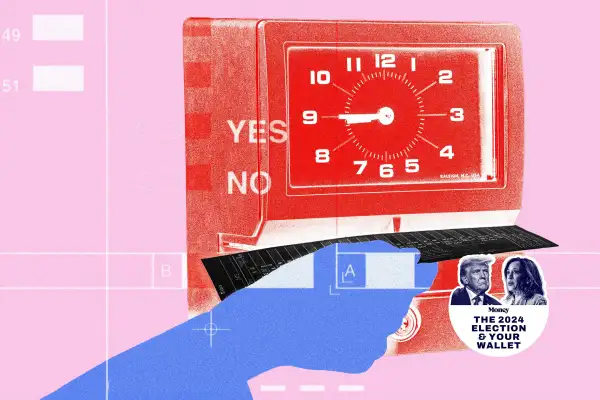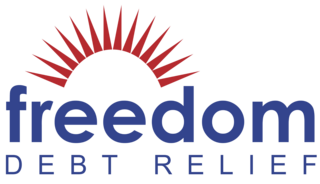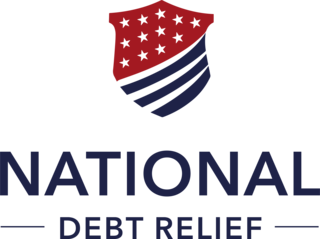Minimum Wage Is on the Ballot in These 5 States

Millions of Americans will head to the polls on Tuesday to choose the next U.S. president. But it’s not just former President Donald Trump and Vice President Kamala Harris on the ballot: Third-party candidates and countless local races and issues will also be voted on.
Residents in five states will get to choose whether minimum-wage workers will get a raise this Election Day. The states where wage increases are on the ballot include Alaska, Arizona, California, Massachusetts and Missouri.
Depending on the outcome of the ballot measures, state-level minimum wages could be set as high as $18 an hour in California. By contrast, the federal minimum wage sits at $7.25 and has not budged since 2009.
For over a decade, unions and advocacy groups have been calling for a minimum wage hike to at least $15. The "Fight for $15" movement started in 2012 in response to many service workers not being able to cover basic necessities like food, rent and child care. Stiff opposition has kept the movement from success at the national level, with opponents arguing that raising the minimum wage that high will lead to job losses and higher-than-normal inflation.
Minimum wage hikes have had much more success at the state level, where measures can be directly voted on by residents. On Tuesday, five states are putting the strategy to the test.
5 states voting on minimum wage in 2024
Voters in Alaska, Arizona, California, Massachusetts and Missouri will get to directly weigh in on their state’s minimum wage. Here’s a closer look at what’s at stake.
Alaska
The current minimum hourly wage in Alaska is $11.73. A ballot measure — formally titled Ballot Measure No. 1 — will ask voters whether they want to increase it to $15 by July 2027. Additionally, the measure would grant some workers the opportunity to accrue up to 56 hours (seven days) of paid sick leave per year.
Arizona
The proposition in Arizona would actually lower the minimum wage businesses are required to pay tipped workers.
Currently, the minimum wage for non-tipped workers in Arizona is $14.35. For tipped workers, the minimum wage is complicated and could get more complex. For now, businesses can pay tipped workers $11.35 an hour if their take-home pay (including tips) is at least $14.35. If passed, Arizona's Proposition 138 would allow employers to pay tipped workers $10.77 an hour — so long as they earned the minimum wage plus $2 per hour (or $16.35 currently).
A separate ballot initiative sought to increase the minimum wage to $18, but the group leading the charge pulled out in August amid a legal battle that challenged many of the signatures required to get the measure on the ballot.
Already, Arizona's minimum wage is pegged to inflation. Starting in 2025, it's slated to tick up to $14.70.
California
Already known for its high wages, California could again hike pay for its lowest-earning workers. The ballot measure, known as Proposition 32, asks voters if the state’s minimum wage — currently $16 in most cases — should rise to $18 by 2026, after which it would automatically increase based on inflation trends.
If Prop 32 passes, the minimum wage would first tick up to $17 for the rest of 2024 and into 2025. It would give California the highest minimum wage in the U.S., beating out Washington, which offers starting wages at $16.28.
As of April, all fast food employees earn at least $20 an hour in California.
Massachusetts
The state’s ballot proposition — called Question 5 — could increase the minimum wage for tipped workers to match with non-tipped workers, gradually rising each year until 2029 when they must be the same. Today, Massachusetts’ minimum wage is $15 for most workers and $6.25 for tipped workers.
Missouri
Missouri voters will get to choose whether to raise the minimum wage first to $13.75 in 2025 and ultimately to $15 in 2026, up from today’s $12.30.
Beginning in 2027, the minimum wage would change based on inflation trends.
Proposition A would also mandate that employers provide workers with one hour of paid sick leave for every 30 hours workers — and offer workers at least seven days of paid sick leave per year (or five days for small employers).
Oklahoma
A ballot measure to increase the minimum wage in Oklahoma from $7.25 to $15 by 2026 was slated to appear on the ballot this Election Day. But in September, Republican Gov. Kevin Stitt pushed the initiative to 2026, to be decided during the state’s general election.
State | Current min. wage | Ballot proposal |
|---|---|---|
Alaska | $11.73 | Increase min. wage to $15 by 2027 plus up to 56 hours of paid sick leave per year |
Arizona | $14.35 ($11.35 for tipped workers) | Lower the min. wage employers must pay to tipped workers (from $11.35 to $10.77) if the worker's hourly earnings — including tips — totals to $14.35 or more |
California | $16 | Increase min. wage to $18 by 2027 after which it would automatically rise with inflation |
Massachusetts | $15 ($6.25 for tipped workers) | Increase non-tipped min. wage to match the regular min. wage by 2029 |
Missouri | $12.30 ($6.15 for tipped workers) | Increase min. wage first to $13.75 by 2025, then $15 in 2026 |
The federal minimum wage of $7.25 has not moved for 15 years, and it can’t be decided directly by voters as it can at the state level. Instead, it must be changed by congressional legislation and signed by the president.
According to the left-leaning Economic Policy Institute’s minimum wage tracker, 20 states have a minimum wage of $7.25. Most states have set their minimum wage to at least $10.50.
On the campaign trail, neither Harris nor Trump have given the federal minimum wage much attention, though Harris’ stated economic proposals include fighting to “raise the minimum wage, end the sub-minimum wage for tipped workers and people with disabilities, and eliminate taxes on tips for service and hospitality workers.”
Harris has not provided specifics on how high she believes the minimum wage should be.
During a campaign event at McDonald’s in October, Trump was asked if the minimum wage should be increased after spending part of the day serving fries through the drive-thru.
“Well I think this: These people work hard. They’re great,” Trump replied. “These franchises [McDonald’s] produce a lot of jobs, and it’s great and great people working here, too.”
While Trump has not made his views clear on the federal minimum wage, he has made ending income tax on tips for service workers a major policy proposal for his pitch to the working class.
More from Money:
The 9 Money Issues Voters Care Most About This Election
Employers in These 21 States Must Give You Paid Time Off to Vote
How Rich Are Donald Trump and Kamala Harris? Inside the Candidates' Personal Finances






